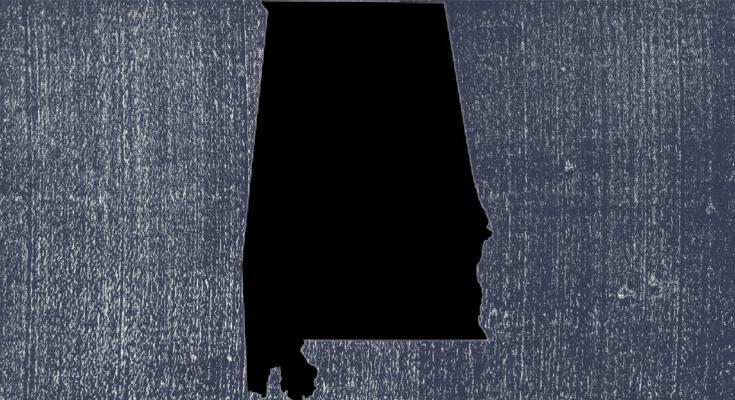By Brandon Moseley
On Thursday, Oct. 14, Alabama Gov. Kay Ivey (R) sent a public letter to members of the state legislature telling them that the second 2021 special session will begin on Thursday, Oct. 28, and it will be held to address redistricting.
Members of the Alabama Legislature:
Thank you for a productive, efficient, and very impactful First Special Session of 2021. Your diligence and hard work on behalf of your constituents will benefit future generations of Alabamians. Working together, you and your colleagues in both legislative chambers took meaningful steps toward solving longstanding problems with our State's prison infrastructure Please know how thankful I am for each of you, both individually and as a body.
I hope that we can build off this success in the future. The next order of business for our State is reapportionment. Thanks to your efforts, and those of many, many others, our Alabama Counts! census campaign was a resounding success—even in the midst of a global pandemic—allowing Alabama to maintain our strong representation in Congress as well as billions of federal dollars. Alabama's census count was truly a team effort, and I am grateful for the work you and many others performed in your respective communities to count as many Alabamians as possible.
As a result of discussions with your legislative leadership and the co-chairs of the Reapportionment Committee, I am planning to call a special session of the Legislature to address redistricting. I will issue the formal proclamation soon but wanted you to know now that the date for convening the special session will be Thursday, October 28, 2021. Please begin to prepare and make plans accordingly. Additional details will be shared with you from your legislative leadership very soon. I look forward to seeing you in person soon.
A special session can last as few as five legislative days, like September’s special session on prison construction, when there is little controversy and wide agreement on the legislation. A more contentious special session can last as many as 21 days. If the legislature cannot pass a redistricting plan, the governor can call another special session and bring legislators back again.
Every 10 years the Constitution mandates that all of the congressional districts be reapportioned and redistricted based on the results of the most recent Census. The state legislature is tasked with redistricting not just Alabama’s Congressional Districts; but also the state school board districts and both houses of the Alabama legislature based on the 2020 Census results.
COVID-19 and some staff shakeups at the Census Bureau related to the change in administrations have delayed the Census results. The legislature had hoped to handle this in an August special session, but was forced to wait for the Census Bureau to get the detailed block by block results back that are needed to draw the new districts.
Alabama was able to retain all seven of its Congressional Districts. Terri Sewell’s Seventh Congressional District lost population as people moved from the rural Black Belt and from the core city centers of Birmingham and Montgomery to the suburbs. The Seventh will have to add people. Huntsville, in Alabama’s Fifth Congressional District represented by Mo Brooks, and Baldwin County, in Alabama’s First Congressional District, both incfreased population and those districts will have to give up some people. Congressman Mike Rogers’s Third Congressional District also gained people in St. Clair and Lee Counties.
The state legislature will be much the same with Huntsville, Baldwin, Lee, Tuscaloosa, Shelby, and St. Clair Counties either picking up more representation or those districts already there shrinking geographically and giving up some territories outside of the county.
Redistricting can be very contentious and Alabama’s redistricting efforts often are challenged in federal court. Due to the landmark Supreme Court decision Shelby County v. Holder, Alabama will not have to get its redistricting plans approved by the U.S. Justice Department’s Civil Rights Division.










